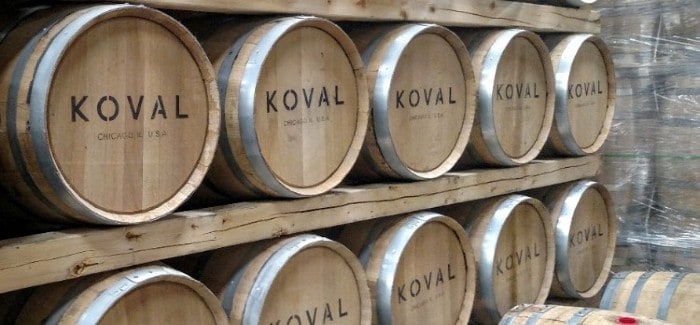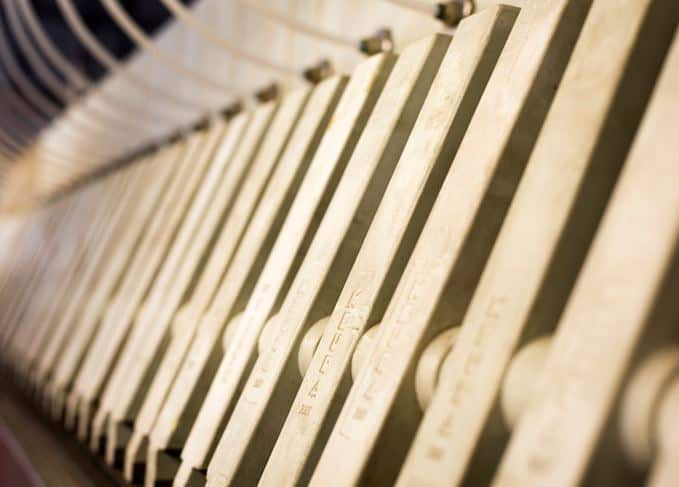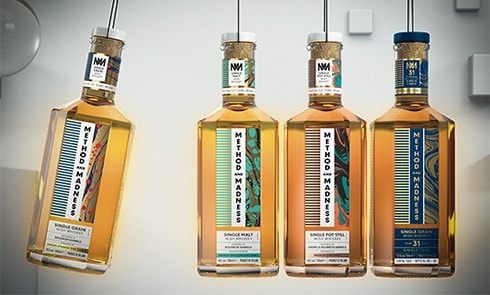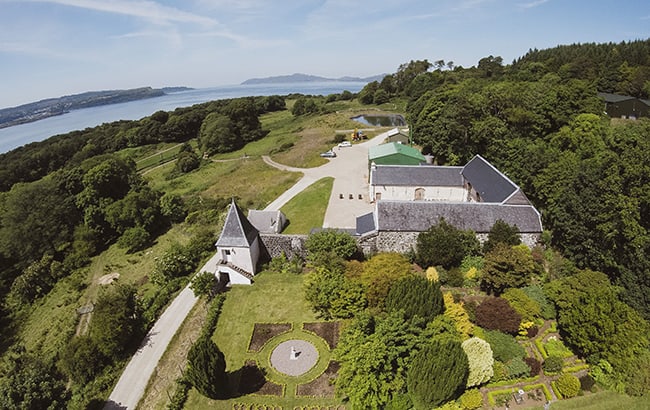Unconventional Whisky: Distilleries That Break The Rules
Unconventional Whisky Breaks The Rules
Rules. Some of us love them, some of us don’t. One thing’s for sure, the whisky industry is a lot better off for having them, so we know what’s actually going into our whisky. But sometimes too many rules and regulations could stifle creativity, and pushing the boundaries might lead to interesting and exciting new products. These distilleries produce some amazingly unconventional whisky.
In this post, we’re going to take a look at some distilleries around the world who might be considered unconventional, who are innovating through a number of ways to bring a refreshing take to our favourite drink.
Unconventional Whisky Ingredients

The first thing you’ll consider when making whisky, naturally, will be the ingredients. It’s the foundation for the flavours, textures and quality of the spirit. So, for a lot of distillers, it’s also where a lot of innovation can come from. In recent years we’ve seen a number of distilleries and brands launch whiskies made from heritage grain varieties, endangered subspecies, and unusual grains. Read more about how grain whisky is made.
Chicago-based Koval is one such example, releasing both oat and millet based whiskeys. Balcones Distilling, in Waco, Texas, makes corn whiskey and bourbon with blue corn, a heritage strain of corn that is harder to work with but full of unique flavour. And while America is among the most famous countries for its use of the rye grain, Scotland also has a history of using rye and there are a number of distillers resurrecting that practice, including Arbikie, Bruichladdie and Diageo. InchDairnie, in Glenrothes, has also distilled rye and oats along with single malts, although we are still waiting for aged stocks of whisky to appear. They are also going against the grain (sorry, couldn’t resist) in other areas of production, which leads us onto…
Fermentation and Distillation

Another key area that distillers can innovate with whisky is in the process of fermenting and distilling, whether that’s in using different yeast strains, computer controlled distillations, or new technologies and equipment. InchDairnie is also one of only two distilleries in Scotland that is home to a mash filter. More often used for making beer, a mash filter replaces a traditional mash tun and enables mashing to happen considerably more quickly and efficiently. It makes processing challenging grains like rye much easier, but is much more expensive to maintain.
Loch Lomond Distillery are well known for their unique still set up, which enables them to make many different styles of whiskies. They are able to make single malts in their pot stills and single grain in their column stills, so they are the only Scottish distillery to release a blended whisky coming from a single distillery. We’ve featured some of these whiskies in our tasting boxes before.
Unconventional Whisky Ageing

Some countries have much stricter rules on ageing whisky than others. For example, in America, bourbon must be aged in charred virgin oak, although there is no minimum time. Scotland also prohibits the use of wood other than oak, unlike Ireland and some newer whisky producing countries that allow other wood types. Method & Madness, the experimental arm of Irish whiskey behemoth Midleton Distillery, was set up to explore how different woods affect flavours in whiskey. So far they have released a whole range of single malts, single grains and single pot still whiskeys aged in Spanish, French and Hungarian oaks, plus chestnut, cherrywood and acacia barrels.
Another Irish whiskey company, Kinahan’s, have taken this idea a step further by creating what they call hybrid casks, where each stave of the cask comes from a different wood type. You can learn more about traditional Irish Whisky here.
Some companies have even played around with using oak chips instead of traditional barrels to quicker produce the flavours of aged whisky. Lost Spirits Distillery, of California, caused quite a stir in 2017 when two of their spirits scored over 90 points in a certain “Whisky Bible”, whilst technically not being whisky at all. In fact, Lost Spirits had started with a base of 12-18 month old peated Islay malt spirit too young to be labelled as whisky, and ran it through a specialized reactor with riesling-soaked oak staves for a few days. At the end of this process, the spirit was analyzed and deemed to have the same chemical make-up as a decades-old single malt whisky.
Sustainability

In recent years, more and more distilleries are installing processes and equipment that helps them become more efficient and environmentally conscious. It can be expensive and disruptive for an existing distillery to overhaul their processes, however, especially when many brands trade on their traditional way of doing things. Newer distilleries are much more able to build their sites with this goal in mind. Fledgling Highland distillery Nc’Nean built sustainability into their site from the very beginning, installing biomass boilers for renewable energy, and recycling heat from distillation throughout the warehouses.
Tasmanian rye whisky producers Belgrove Distillery are a true paddock-to-glass operation, being one of the rare distilleries that grow, ferment and distill everything onsite. They even use reclaimed cooking oil to fire the stills, and an old laundromat dryer to malt the rye.
GlenWyvis Distillery, a new project in the highlands of Scotland, aims to be 100% self sufficient, through the use of a wind turbine and solar panels for power and a biomass boiler for heat. They’re also unique in claiming to be Scotland’s first community-owned distillery, boasting over 3000 shareholders from around the local area, in an effort to return the proceeds to the region.
Enjoy Some Unconventional Whisky
With so many great world whiskies out there, it can be hard to know where to start! But don’t worry. We can help.
We curate out-of-the-ordinary whisky tastings and deliver them right to your door.
Whether you’re a curious newcomer or a seasoned professional, we’re the best way to explore everything the world of whisky has to offer.
If you like whisky, join the club.
We write to our members a few times a month, and we try to make the emails interesting for any whisky fan. You can get those emails by signing up here.


